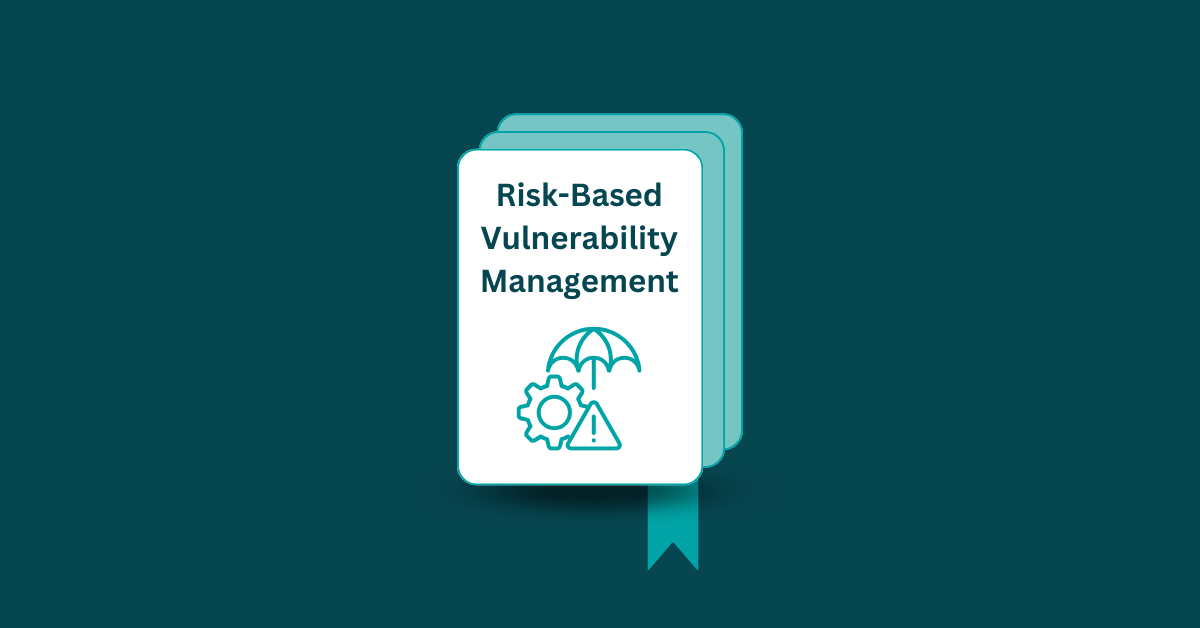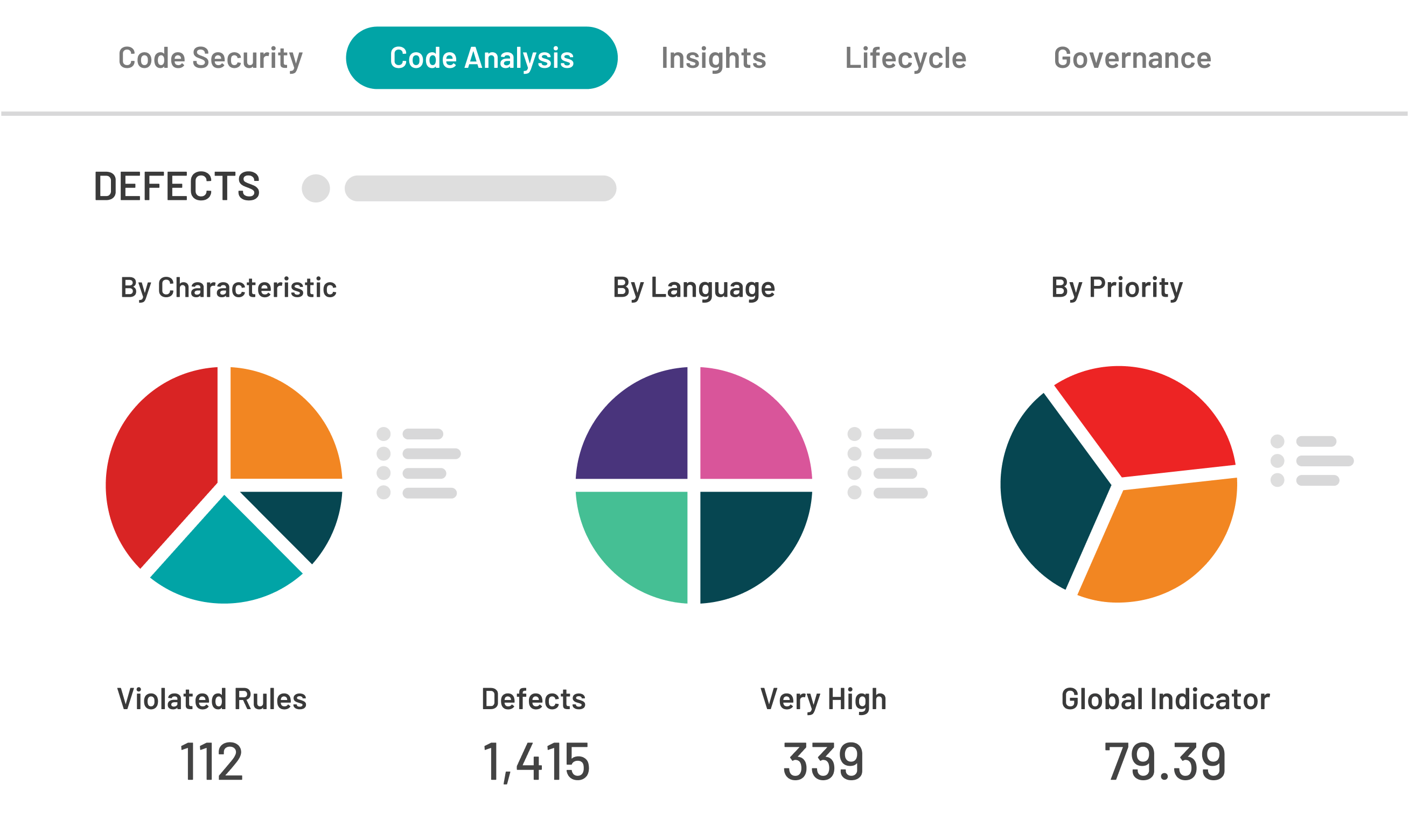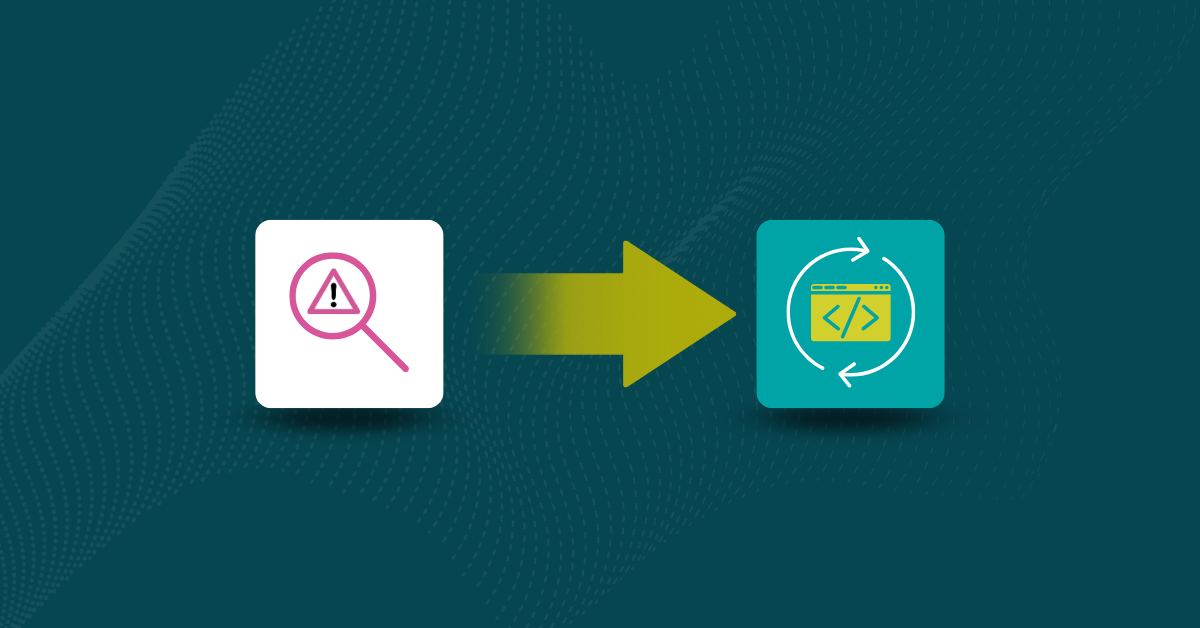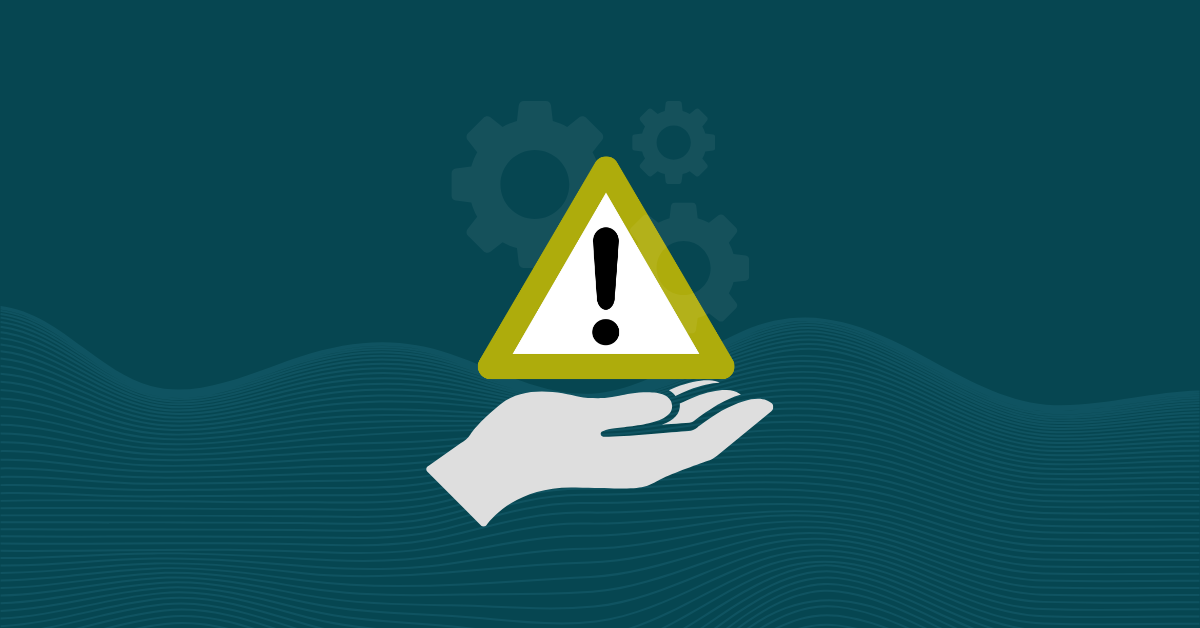

The importance and need for security have never been greater, particularly with personal and data security. Among all the great benefits of technology—the internet and the resulting global connectivity—the ongoing concern regarding increased vulnerability is not one of them. The GDPR (General Data Protection Regulation) is a measure that recognizes this concern and the need for a better data privacy system.
Businesses and organizations need to be aware of the GDPR’s implications and how it may affect certain operations and procedures. To better understand why this issue is relevant and essential to businesses, it will help to look at what the GDPR is and what it does…
The General Data Protection Regulation is a collaborative effort of the European Union (EU), the European Commission, and the Parliament. It establishes new security measures and standards with which organizations must comply. It replaces and improves upon the standards and safety measures the Data Protection Directive levied.
Unlike the Data Protection Directive, businesses need to understand that the GDPR is a regulation. According to the laws governing the EU, a regulation does not require any further legislative action to be initiated. That translates into the GDPR being binding and applicable in very short order, prompting some urgency in understanding what it does.
The obvious answer to what the GDPR does is that it improves the security and handling of private data. How it does that, however, is likely a strong impetus behind this new data privacy measure. The GDPR is designed to improve data security procedures and handling, and hopes to change the culture.
These procedures will address aligning security protocols across Europe using a structure and system that will harmonize data privacy laws. A unified system improves data privacy security by strengthening the system while promoting a culture prioritizing data privacy. A few of the changes of this unification will impact the following aspects of data privacy:
As might be expected, the bulk of this conversation is (and rightfully so) about privacy and the empowerment of people to keep their information safe. This doesn’t mean businesses don’t need to pay attention; in fact, it begs that they be even more attentive to the privacy issue…
The burden of data privacy isn’t one that can’t be used to the advantage of an organization. If a business can offer customers an added sense of security, that will benefit everyone. It is also a potentially ugly road for a company that fails to be astute about data privacy concerns.
Every business should be attentive to the GDPR for those three reasons. It is good for companies and their customers and enhances safety, but compliance issues are costly.
Safety is good for business. Customers require trust when sending their personal data or sharing such private information. Any and every reassurance a customer can be given is a “feather in the cap” of that company.
Safety is good for everyone. People appreciate and want to work with a morally sound business. Applying the best and safest protocols is evidence of that standard, and it keeps customer data safer, too, which is the most important consideration.
Safety compliance isn’t optional. The support site, eugdpr.org, reminds organizations of the approaching GDPR deadline, saying…
“Enforcement date: 25 May 2018—at which time those organizations in non-compliance will face heavy fines.”
Do you know who you are working with? Who is providing your IT infrastructure or handling your data security technologies? Most importantly, are they GDPR-compliant services like Kiuwan? Technology has made the world better and, every once in a while, a little scarier. Steps like these, taken by governments interested in and invested in the safety of their citizens, should be applauded. Organizations that champion and comply with the GDPR should be supported.
Customers are grateful for the best security possible. Organizations can better protect those who trust them with their private data, and the result is that we are all a little safer.
That sounds like a culture change.


